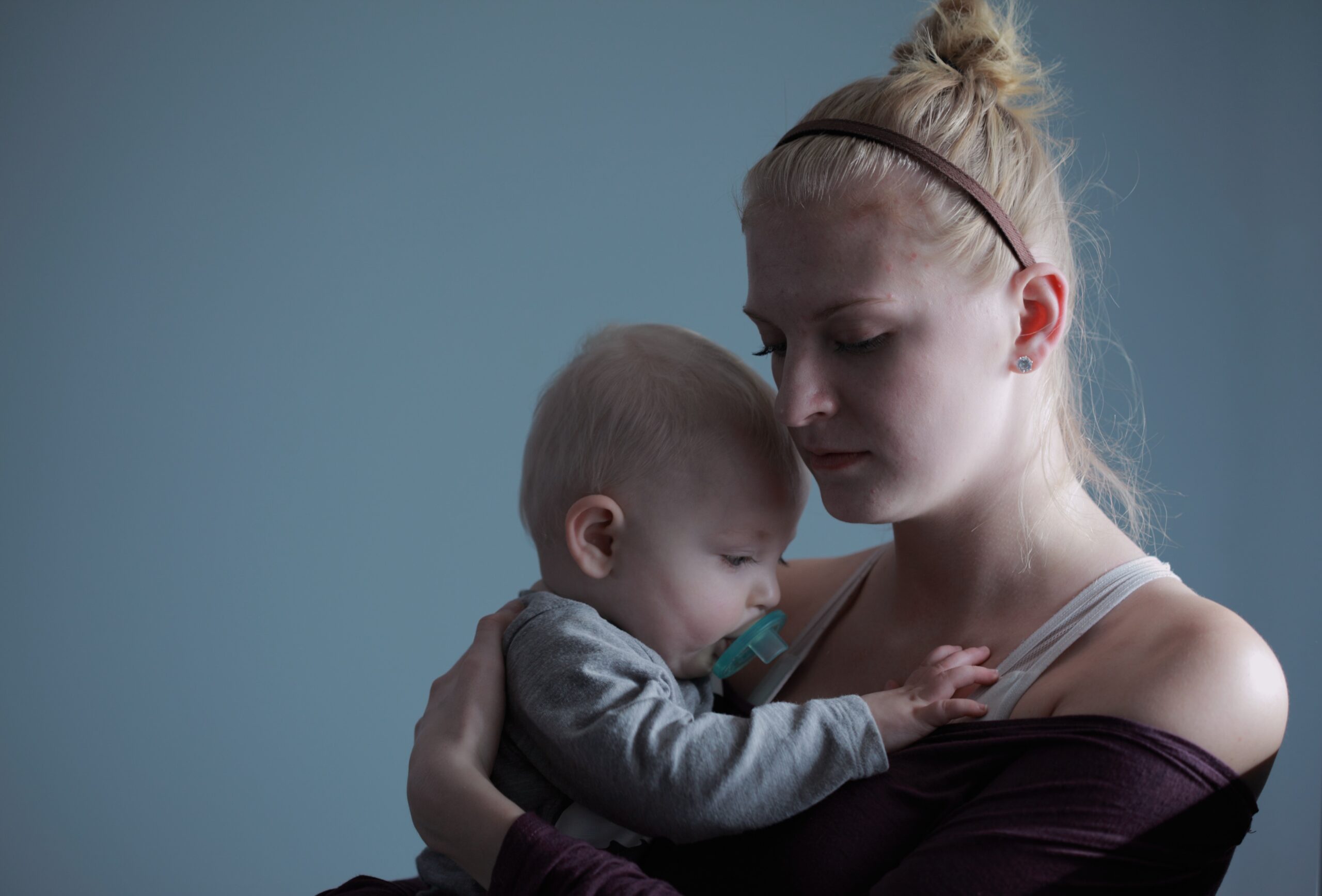 There are some connections between early life experiences, attachment styles, and overall health.
There are some connections between early life experiences, attachment styles, and overall health.
Disorganized attachment is a specific attachment style that develops in infancy when a child experiences inconsistent or frightening care-giving responses. It often results from a caregiver who is both a source of comfort and fear, leading to confusion and anxiety for the child. This attachment style can influence an individual’s emotional regulation and coping mechanisms throughout their life.
On the other hand, digestive health refers to the well-being of the gastrointestinal system, which includes organs like the stomach, intestines, and colon. Factors such as diet, lifestyle, stress, and genetics play a crucial role in digestive health.
Although there is no direct link between disorganized attachment and digestive health, some researchers have suggested that early adverse experiences, including attachment disruptions, can impact the development of the nervous system, immune system, and endocrine system. These systems are closely connected to gastrointestinal functions and may contribute to health issues in adulthood.
For instance, chronic stress resulting from early adverse experiences might lead to dysregulation in the gut-brain axis, which is the bidirectional communication between the brain and the gut. This can affect gastrointestinal functions and potentially increase the risk of gastrointestinal disorders, such as irritable bowel syndrome (IBS) or inflammatory bowel disease (IBD).
Moreover, individuals with disorganized attachment styles may develop maladaptive coping strategies, including unhealthy eating habits, which could further impact digestive health.
Research in this area is still evolving, and the interactions between attachment styles and physical health are complex and multifaceted.
If you or someone you know is struggling with digestive health issues or attachment-related I’d love to hear from you. I can help you explore the root causes of your digestive issues, guide you through lifestyle changes and also refer you to therapists who can provide personalized support for your attachment wounds. I have personally walked through this journey and understand the complexities as well as feeling what it’s like to be on the other side of it. Click below to set up a complimentary consult.




